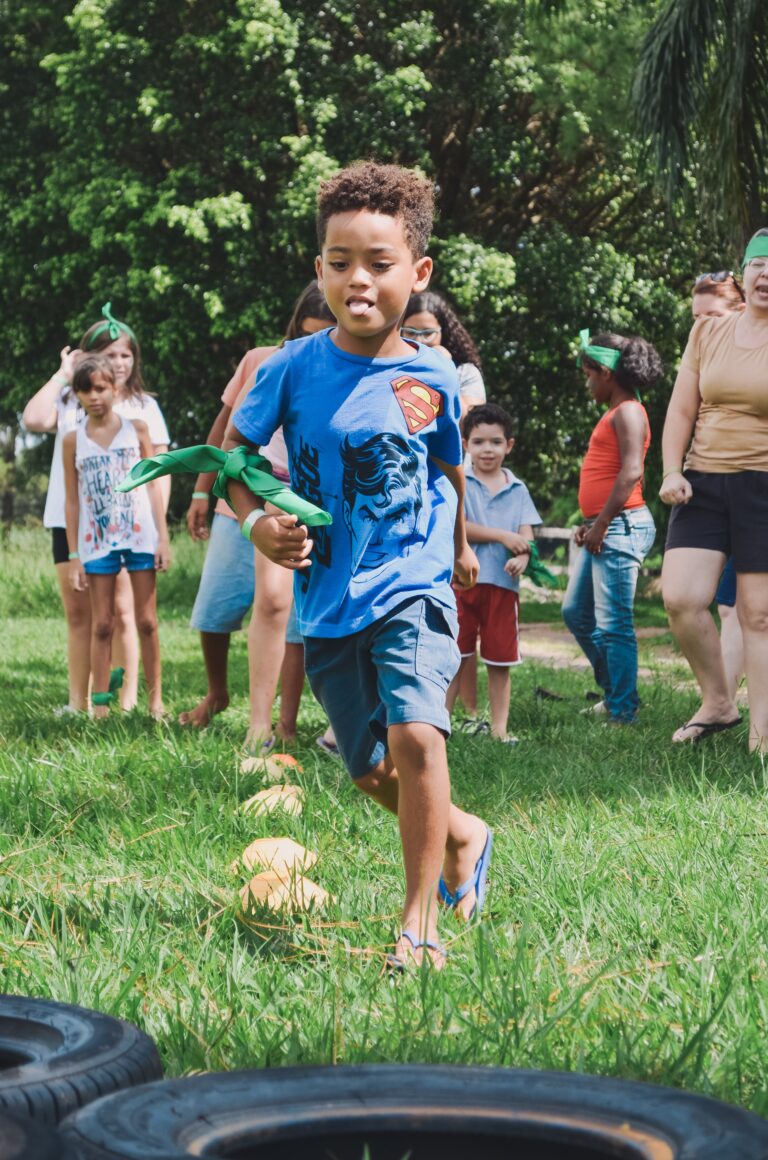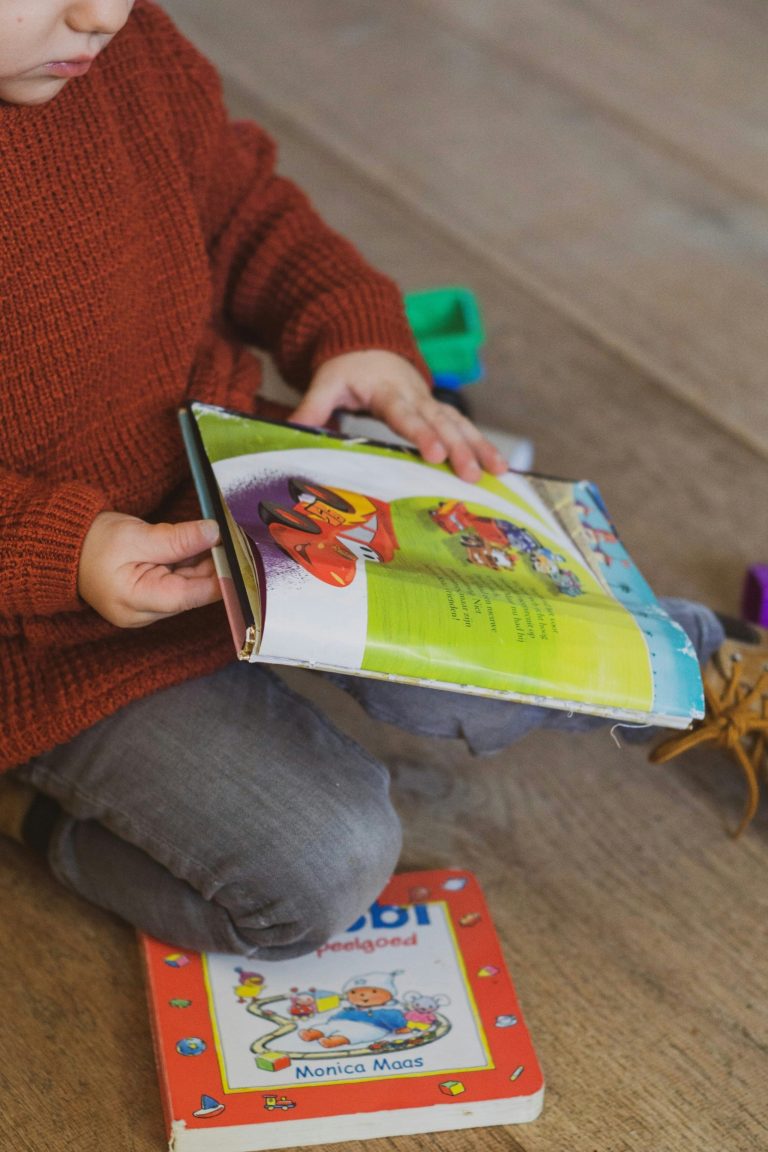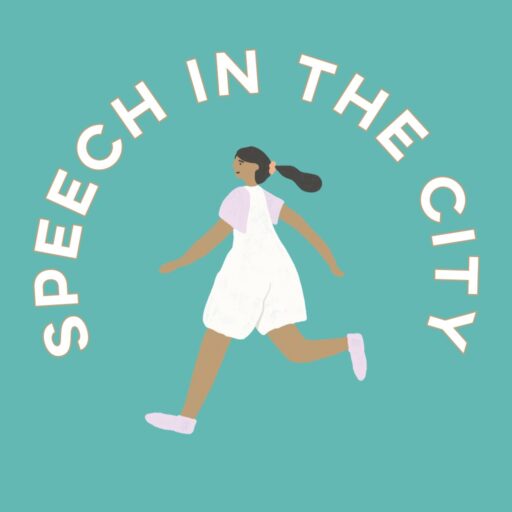“We were referred to Rebecca through another therapist to help us with some feeding and speech issues we’re working on with our son, Bennett, who has CP and is on a feeding tube. We are so incredibly grateful to have found her!
Right off the bat, she gave us so much new and valuable information on treatment options and therapies. Even though we are located across the country, she took the time to help us find the right local therapists. She is obviously very well versed in the latest therapy techniques. We only wish we were located in New York so we could work with her in-person! But for now, she’s been an awesome resource both on the phone and via her blog and Instagram. I would tell anyone looking for help in navigating the world of feeding and speech to make Rebecca your first call!”
A Caring Mom














